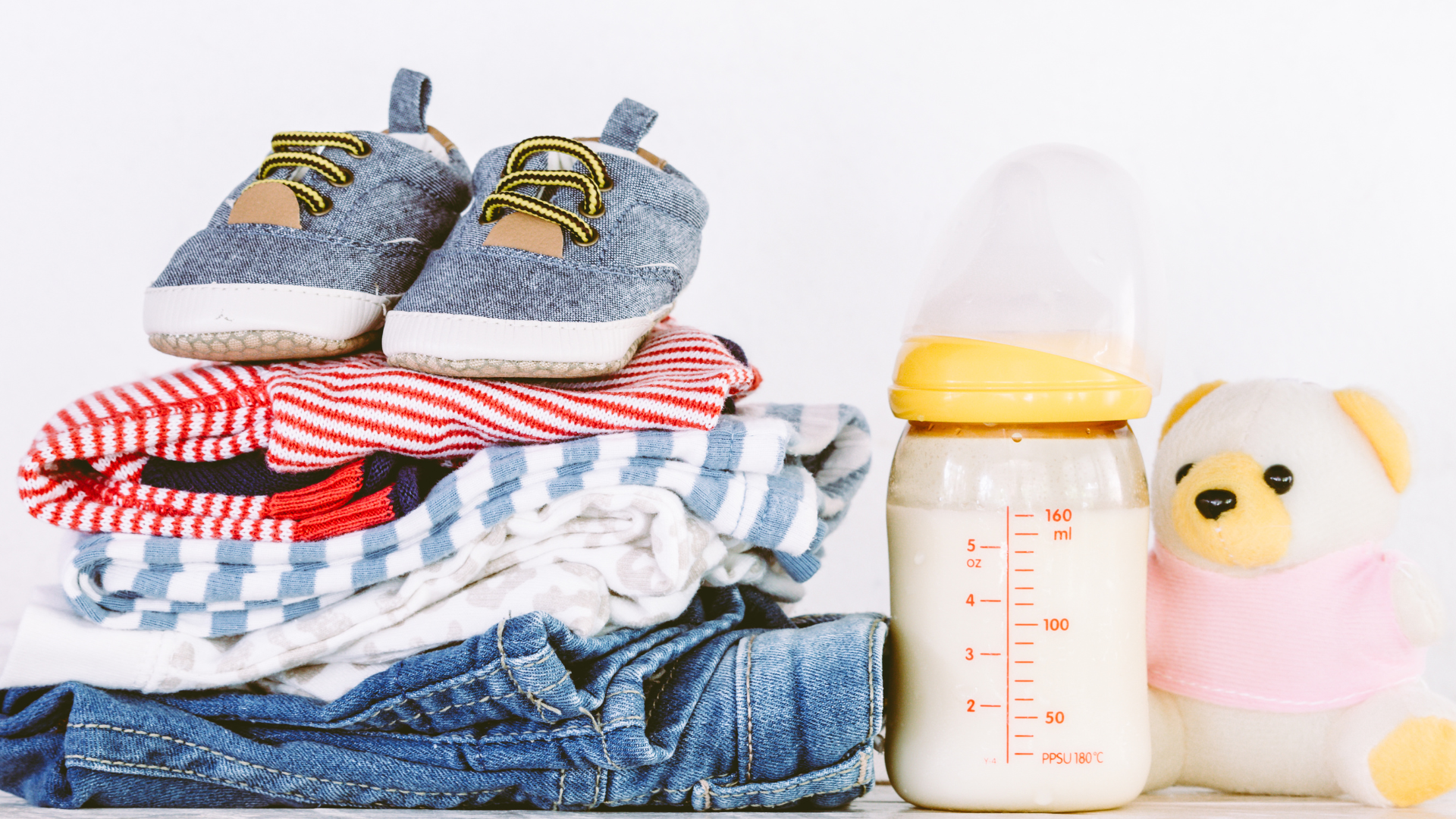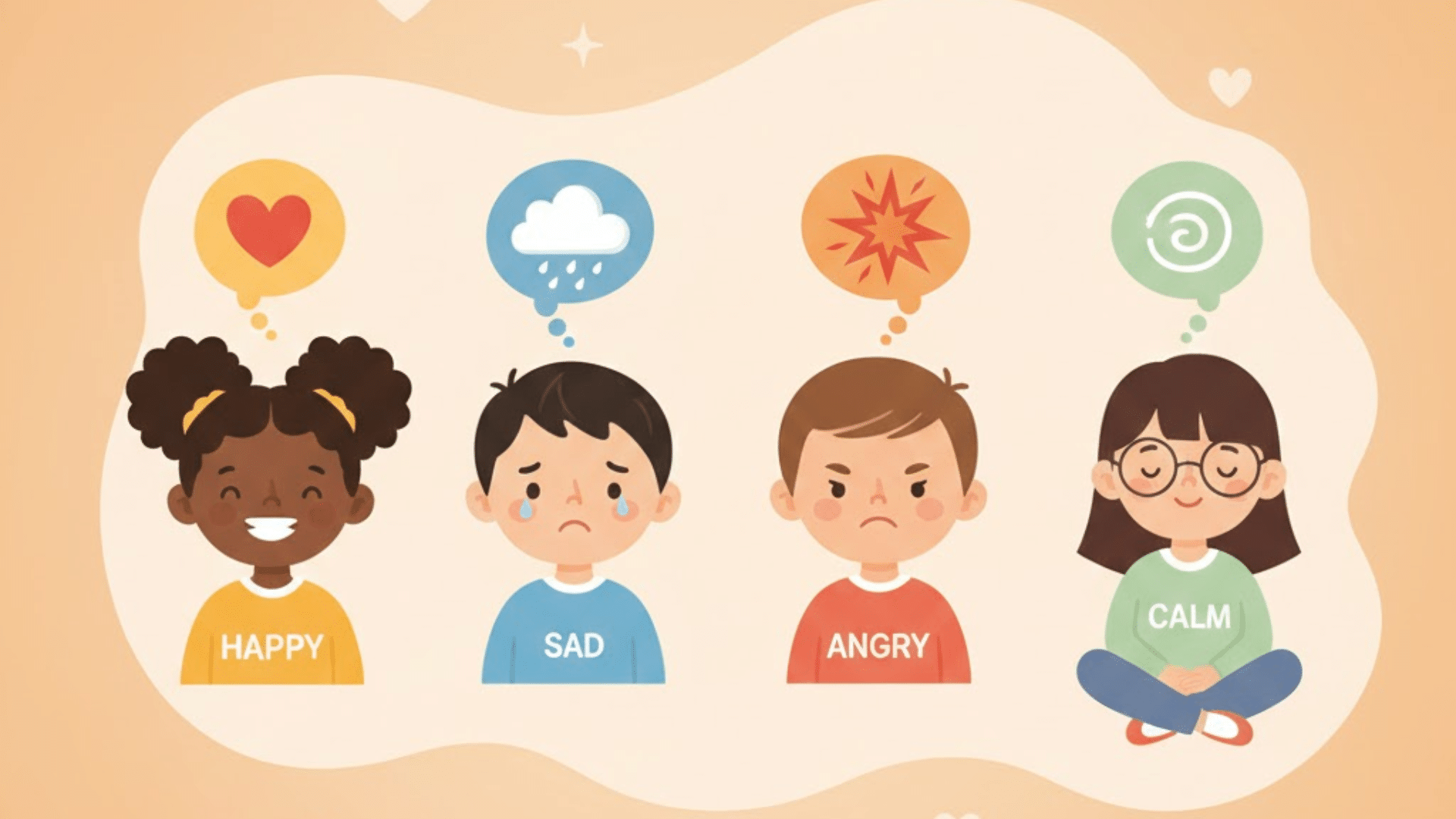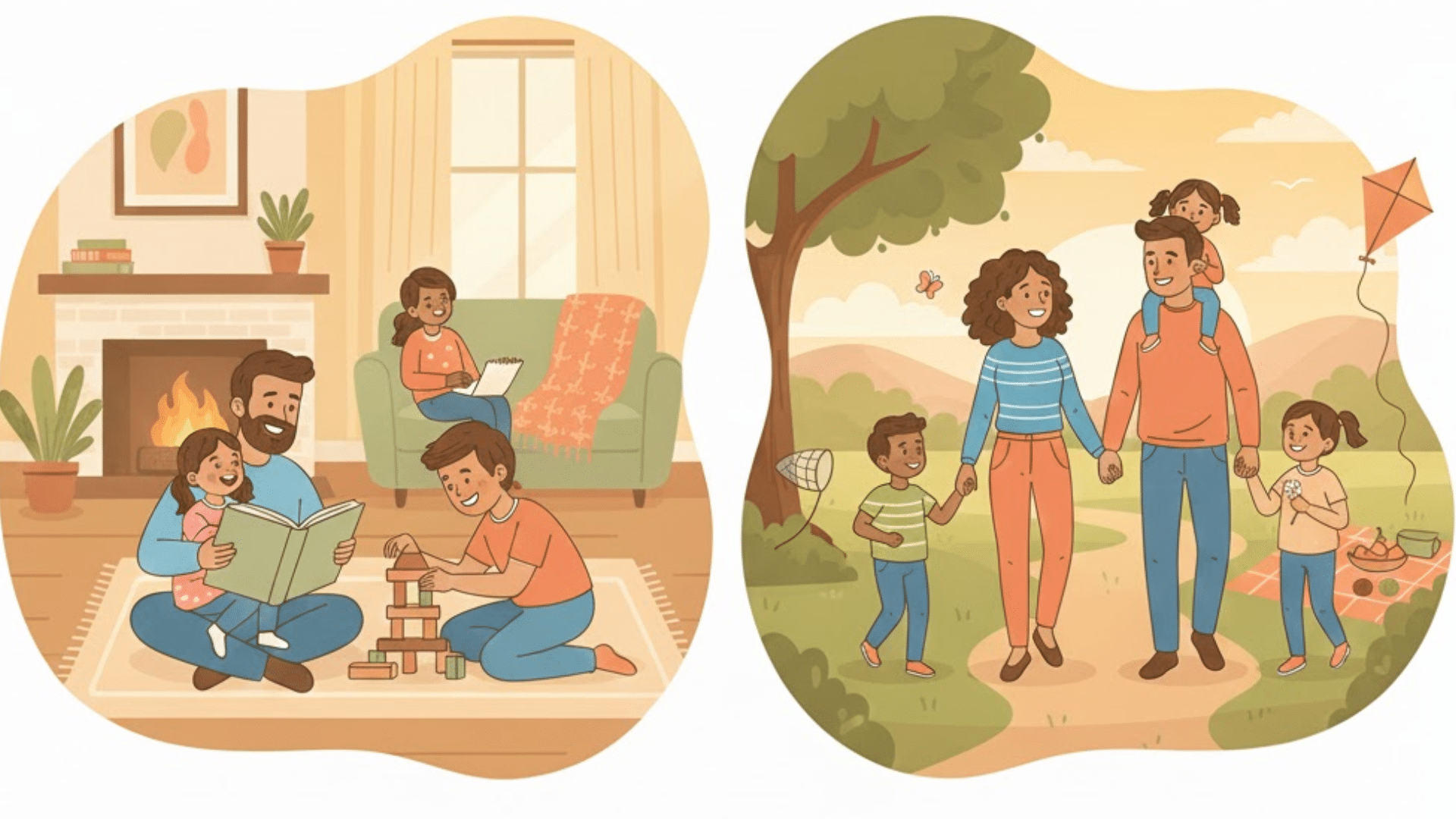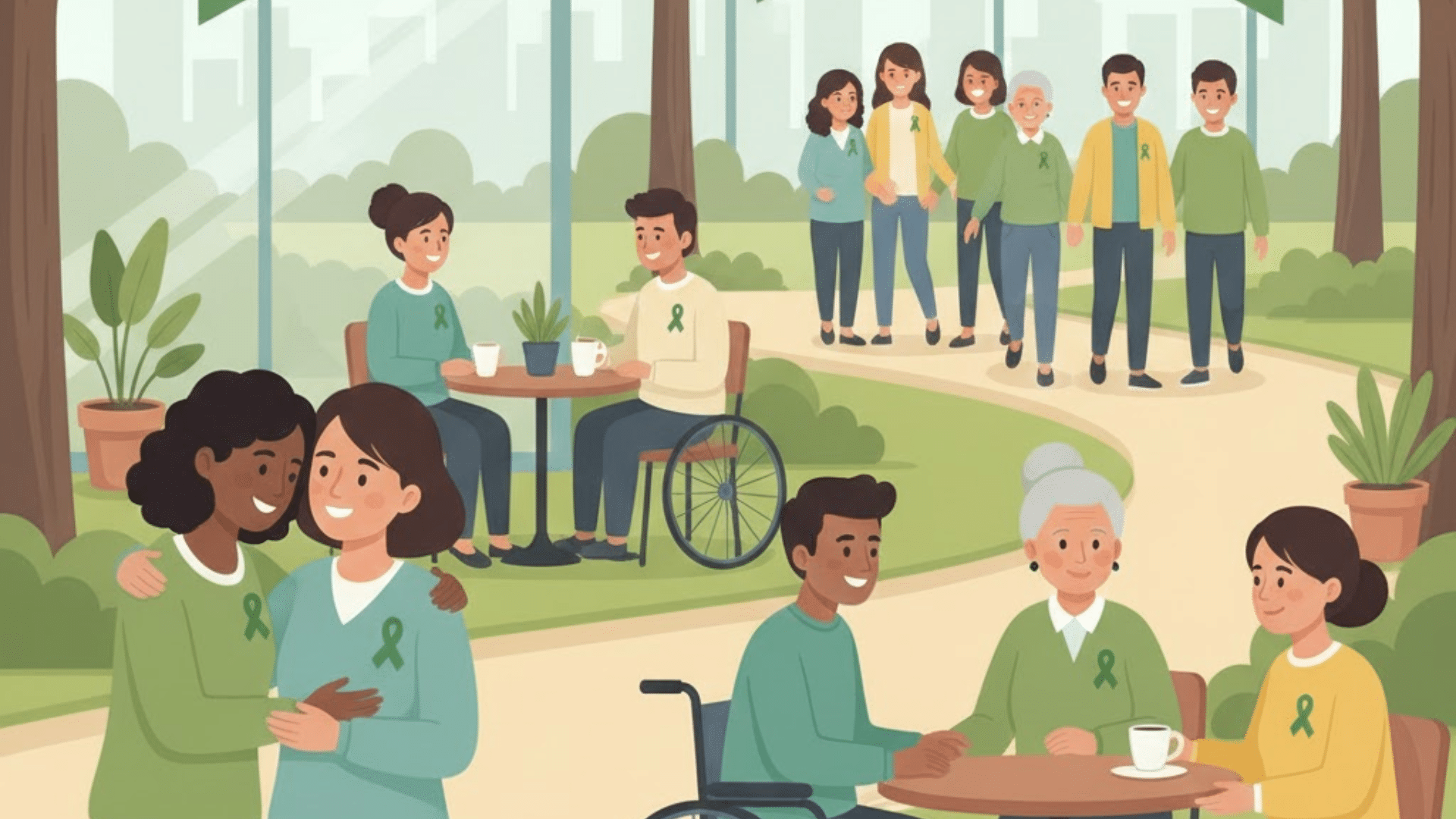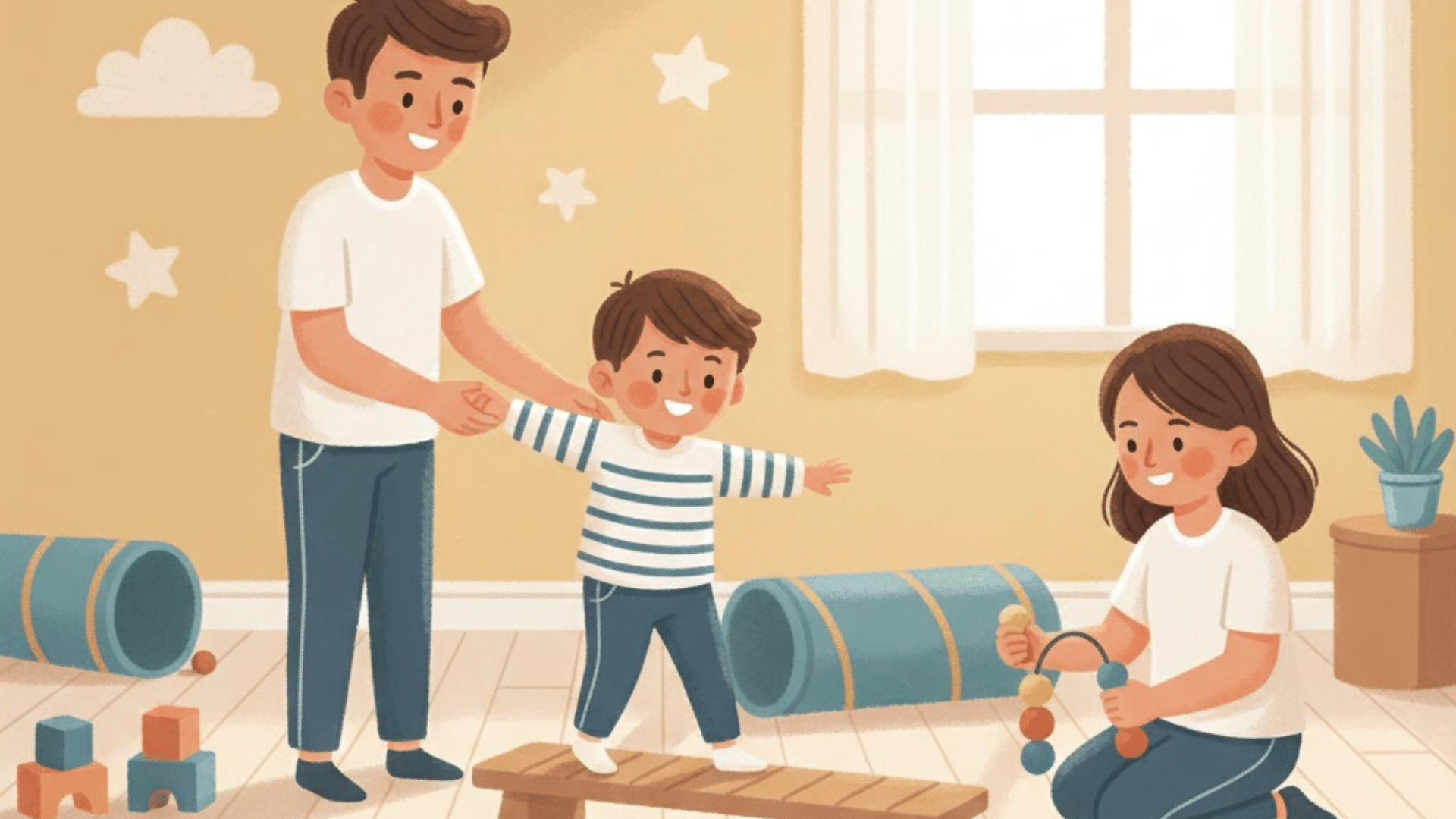Are you wondering what to actually buy before your baby arrives?
With so many products marketed as “must-haves,” it’s easy to feel overwhelmed and unsure of what you really need.
The good news is that newborns don’t require endless gear- just a handful of basics to keep them safe, comfortable, and cared for.
In this blog, I’ll walk you through a practical baby shopping list for first-time moms. It’s simple, budget-friendly, and designed to help you focus on what matters most.
Why a Minimalist Baby Shopping List Matters
Many new moms feel pressured to buy dozens of items before the baby arrives.
Stores, ads, and advice from others can make it seem like every product is essential. But in reality, only a small set of basics is truly needed.
A minimalist shopping list helps you keep things simple from the start. By focusing on essentials, you avoid wasting money on items your baby may never use. This approach also gives you more flexibility to make purchases as needed.
Less clutter in your home means less stress during those first few weeks. A calmer space makes it easier to focus on your baby’s comfort and daily care.
You’ll spend less time managing stuff and more time bonding.
Baby Shopping List for First-Time Moms
Creating a baby shopping list for first-time moms doesn’t have to be overwhelming. With so many products out there, it’s easy to buy more than you need. Focusing on the true essentials keeps things simple, safe, and budget-friendly.
1. Safe Crib or Bassinet
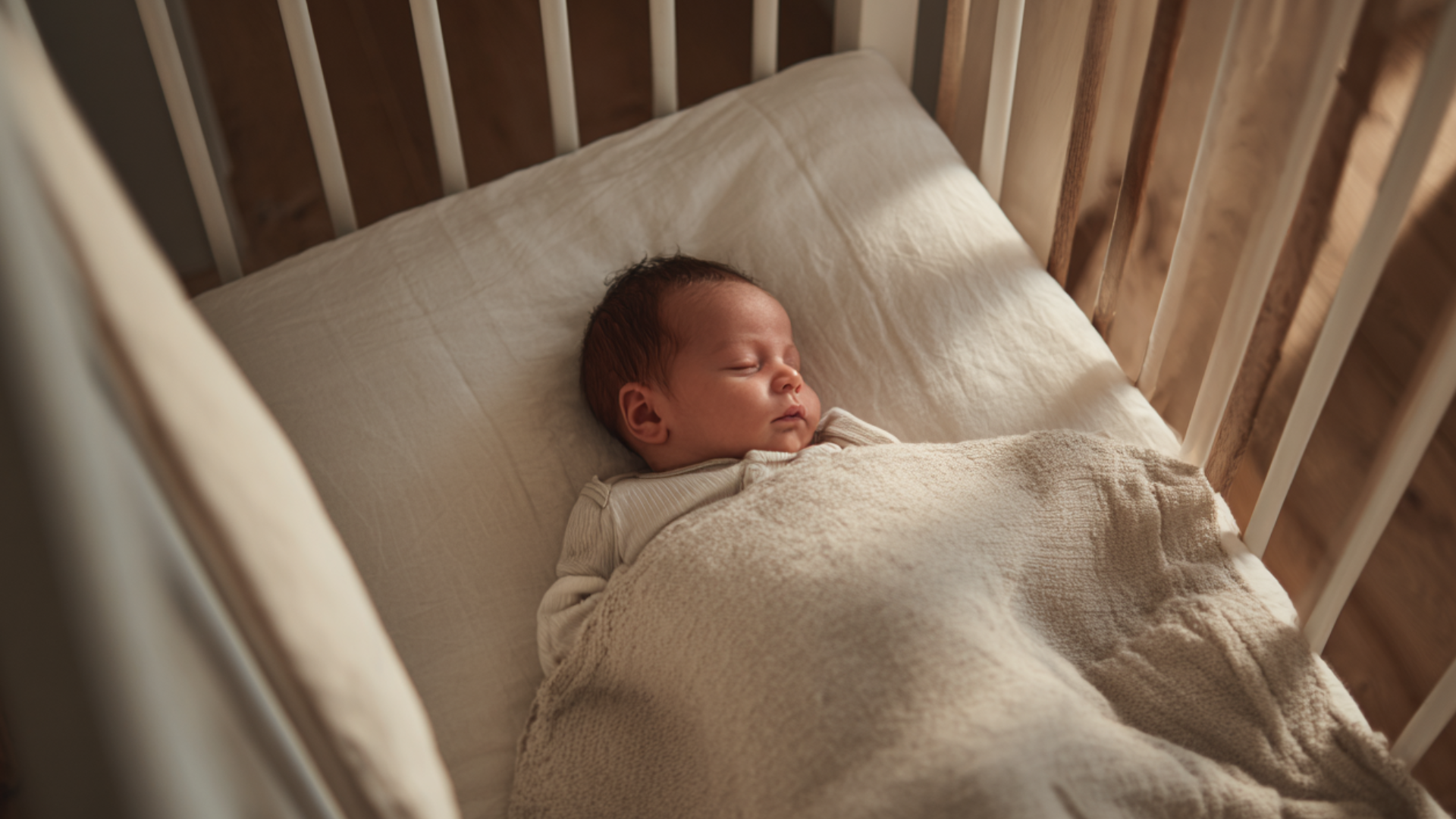
A firm, flat sleep surface is the most important item for newborn care. You can choose a crib, bassinet, or play yard depending on your space and budget. Each option is safe if it follows current safety standards, and you don’t need more than one.
A snug-fitting sheet is all that belongs on the mattress – no blankets, pillows, bumpers, or stuffed toys. These may look cozy, but they can increase risks. A clear, uncluttered crib gives your baby the safest and most restful sleep possible.
2. Swaddles or Sleep Sacks
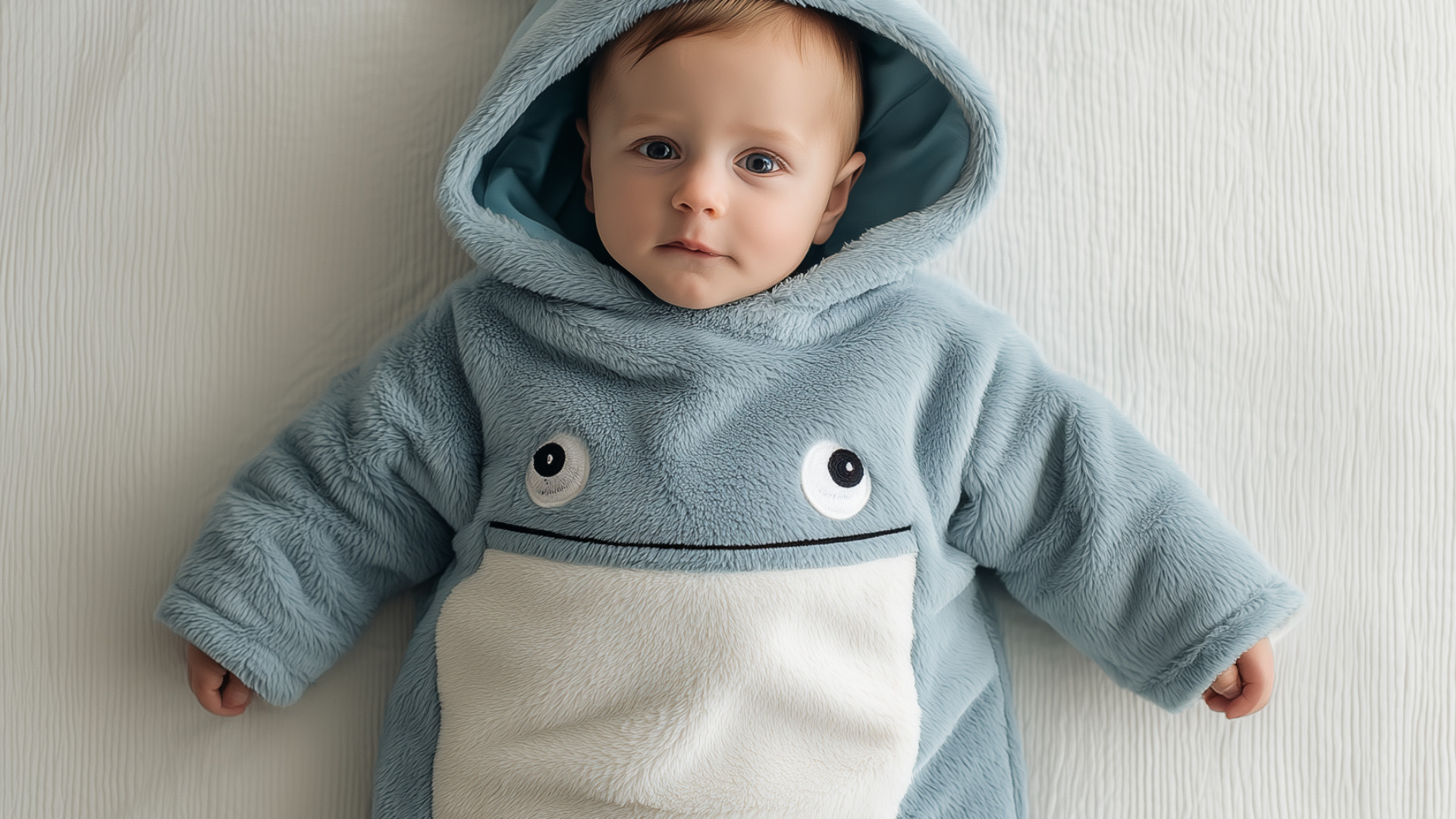
Swaddling or using a sleep sack helps babies feel secure and sleep longer stretches. These items wrap your baby snugly, preventing the startle reflex that often wakes them up. They also replace loose blankets, which aren’t safe inside the crib.
Two or three swaddles or sacks are enough for regular rotation and washing. You can choose lightweight cotton for warm climates or thicker, cozy fabrics for cooler nights. \
This simple solution keeps your baby comfortable and helps create a safe sleep routine without adding clutter to your nursery.
3. Bottles and Nipples

Even if you plan to breastfeed, keeping a few bottles ready is smart. They come in handy if someone else helps with feeding or if you need a break. Choose simple bottles with wide openings that are easy to clean and don’t have too many parts.
Two or three bottles are enough to start. You can always add more if needed. For nipples, begin with a slow-flow style that works best for newborns.
4. Nursing Pillow
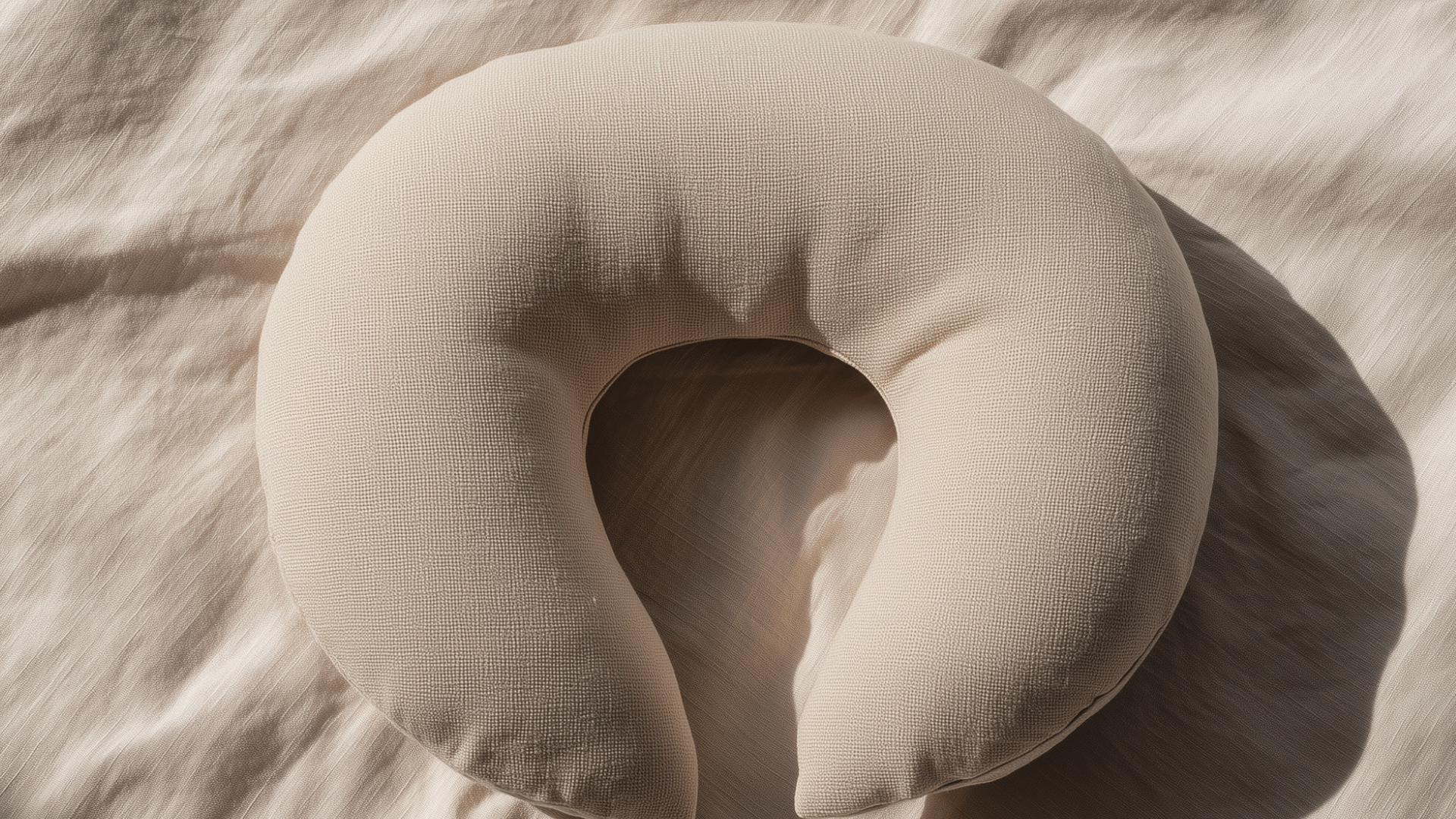
A supportive nursing pillow can make a big difference during feeding sessions. It helps lift your baby into a comfortable position and reduces strain on your arms, shoulders, and back.
Many pillows are designed to wrap around your waist, giving steady support so you don’t need to hold your baby up for long periods.
The bonus is that these pillows often double as a prop for tummy time when your baby gets older. With just one nursing pillow, you’ll have comfort for yourself and versatility for your baby’s growth.
5. Diapers and Wipes
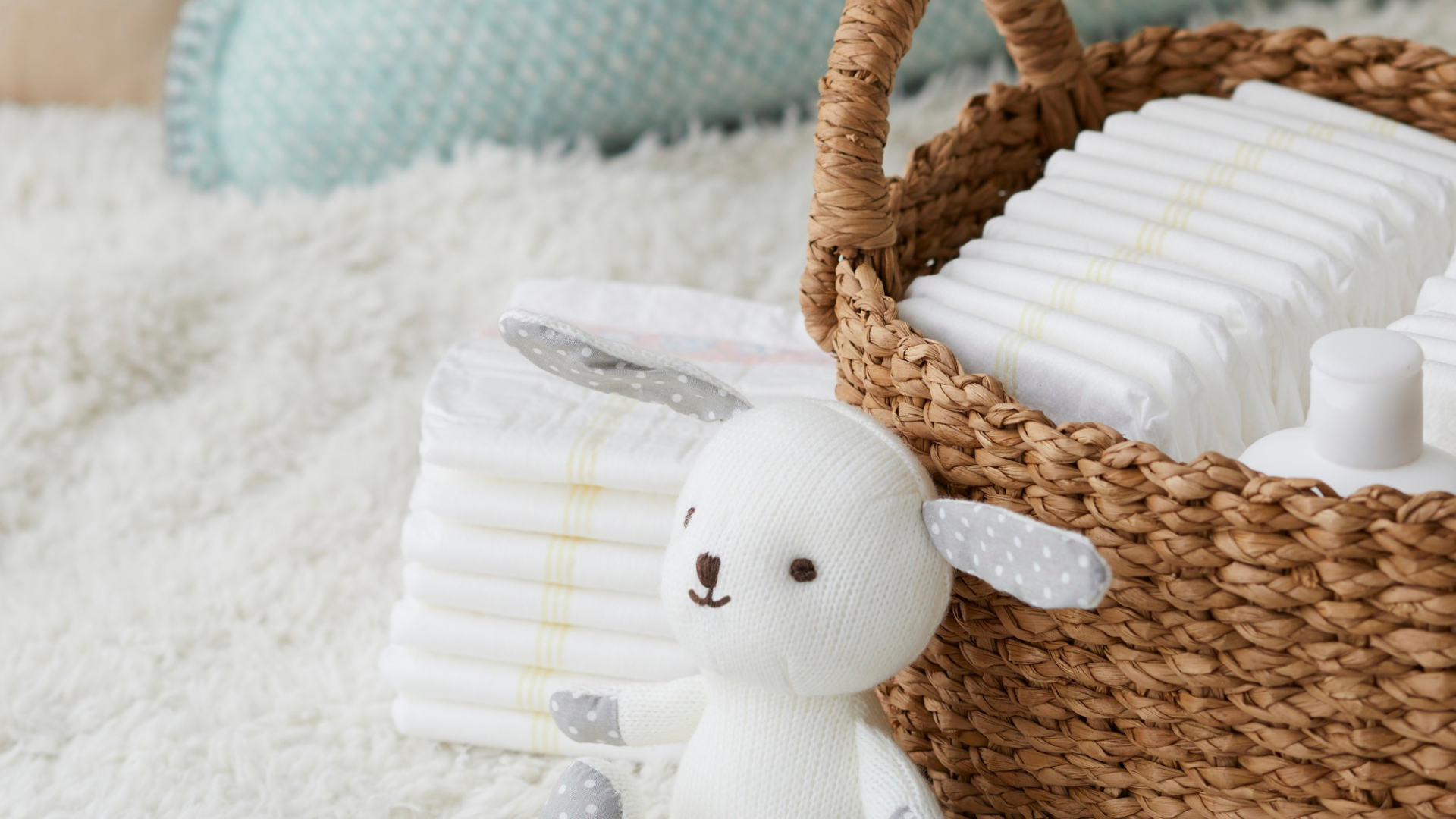
Newborns go through 8–12 diapers a day, so having a steady supply is important. Start with one or two small packs of newborn-size diapers, since babies often outgrow them quickly. You can switch to the next size once you know what fits best.
Pair them with fragrance-free, hypoallergenic wipes that are gentle on sensitive skin. Wipes are something you’ll use constantly, not just for diaper changes but also for quick cleanups. Stocking a small amount to start prevents waste and lets you test what works for your baby.
6. Diaper Cream
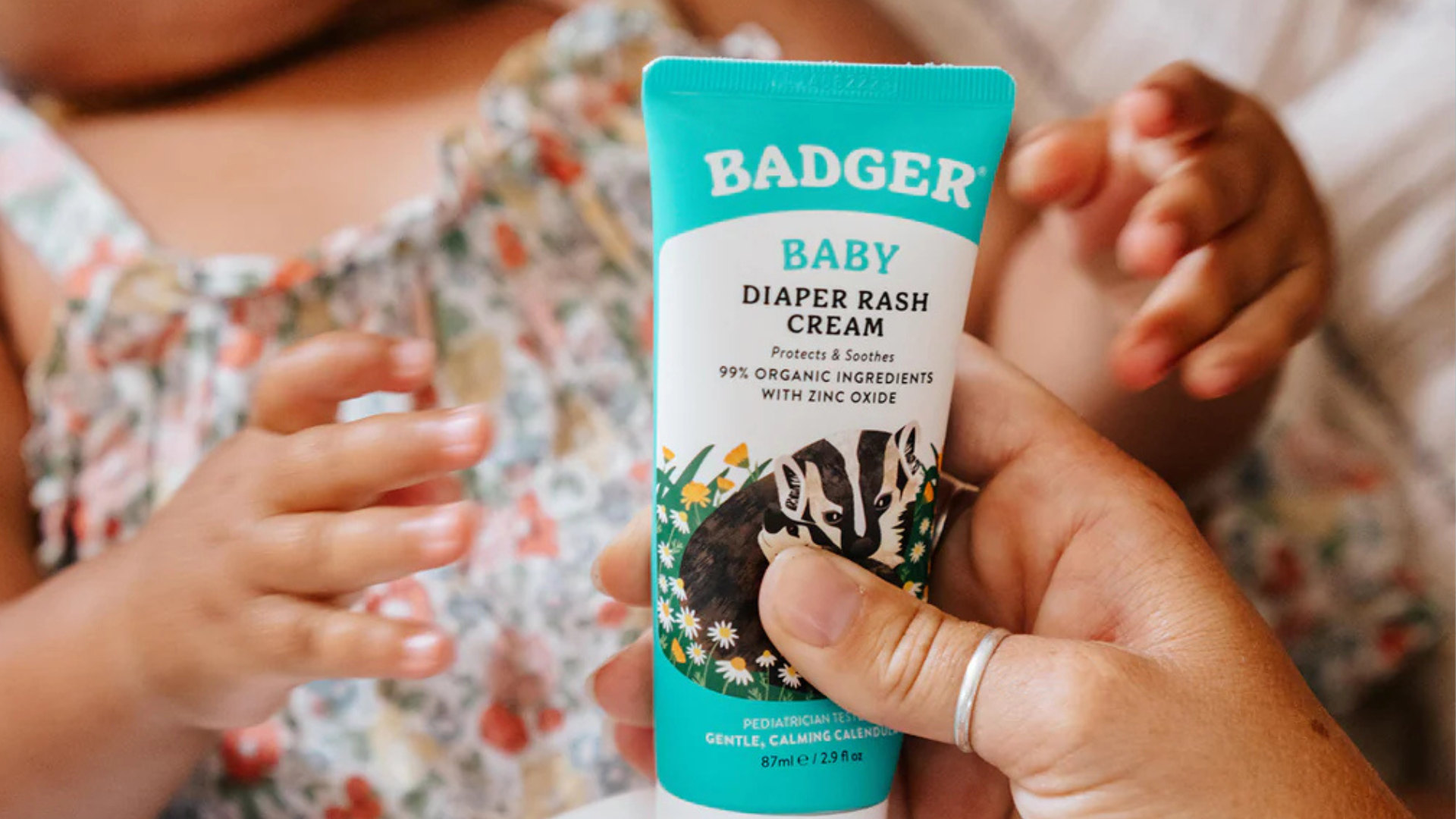
A reliable diaper cream helps protect your baby’s skin from rashes and irritation. Newborn skin is delicate, and frequent diaper changes can cause redness or discomfort. Choose a gentle, baby-safe cream with ingredients like zinc oxide that create a protective barrier.
You don’t need multiple brands; one tube or jar will last weeks. Keep it handy at your diapering spot so it’s easy to apply during each change. This small step keeps your baby more comfortable and prevents painful rashes before they start.
7. Bodysuits and Sleepers
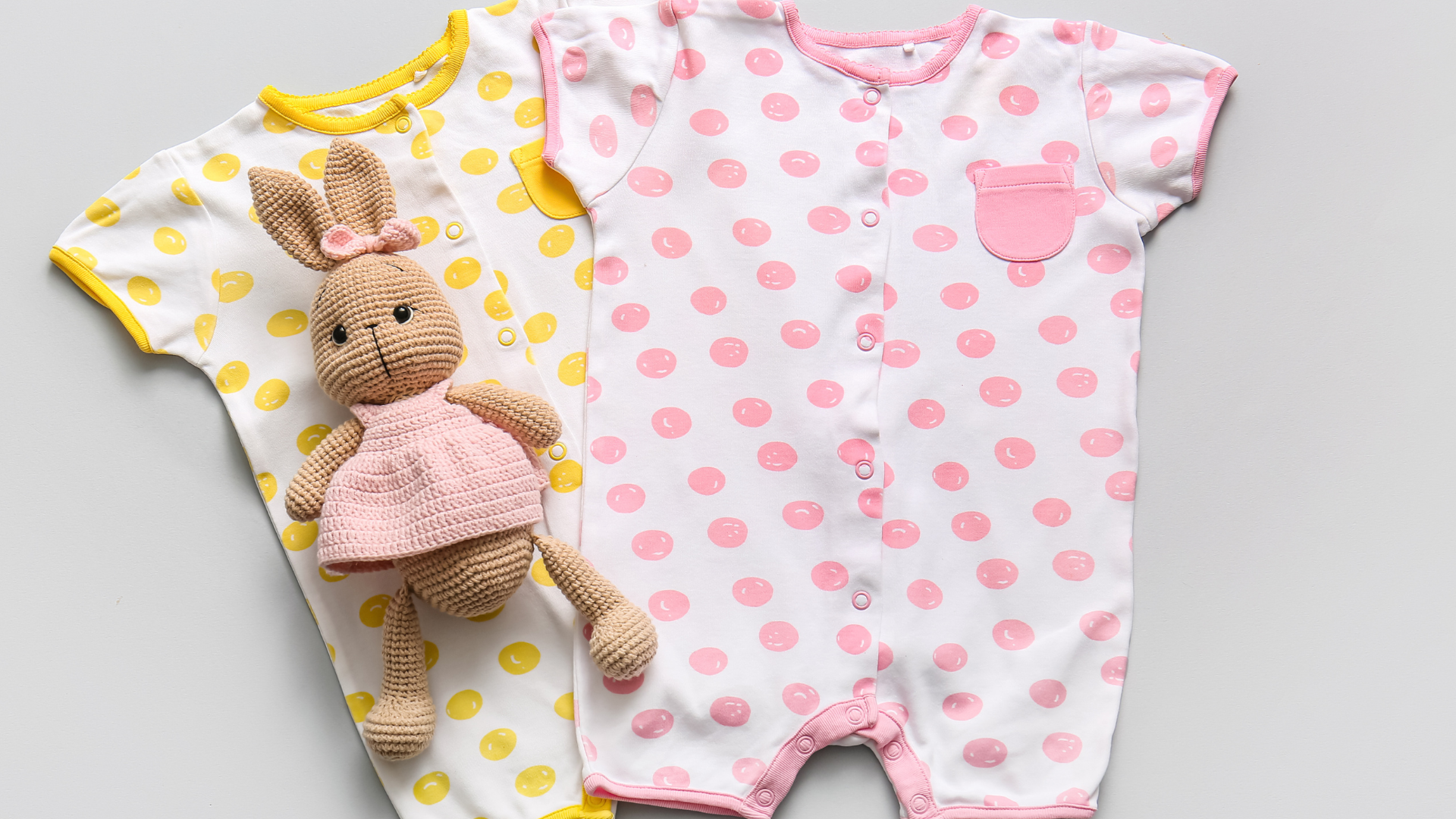
Bodysuits and sleepers are the foundation of your baby’s clothing. Aim for 6–8 cotton bodysuits and 4–6 sleepers for easy day and night changes. These pieces are soft, stretchy, and practical for diaper changes, making them the items you’ll reach for most often.
Since babies spit up or have diaper leaks often, a few extras help without overstuffing drawers. Stick to breathable cotton, and avoid outfits with too many snaps or frills. Comfort is always best.
8. Hats and Socks
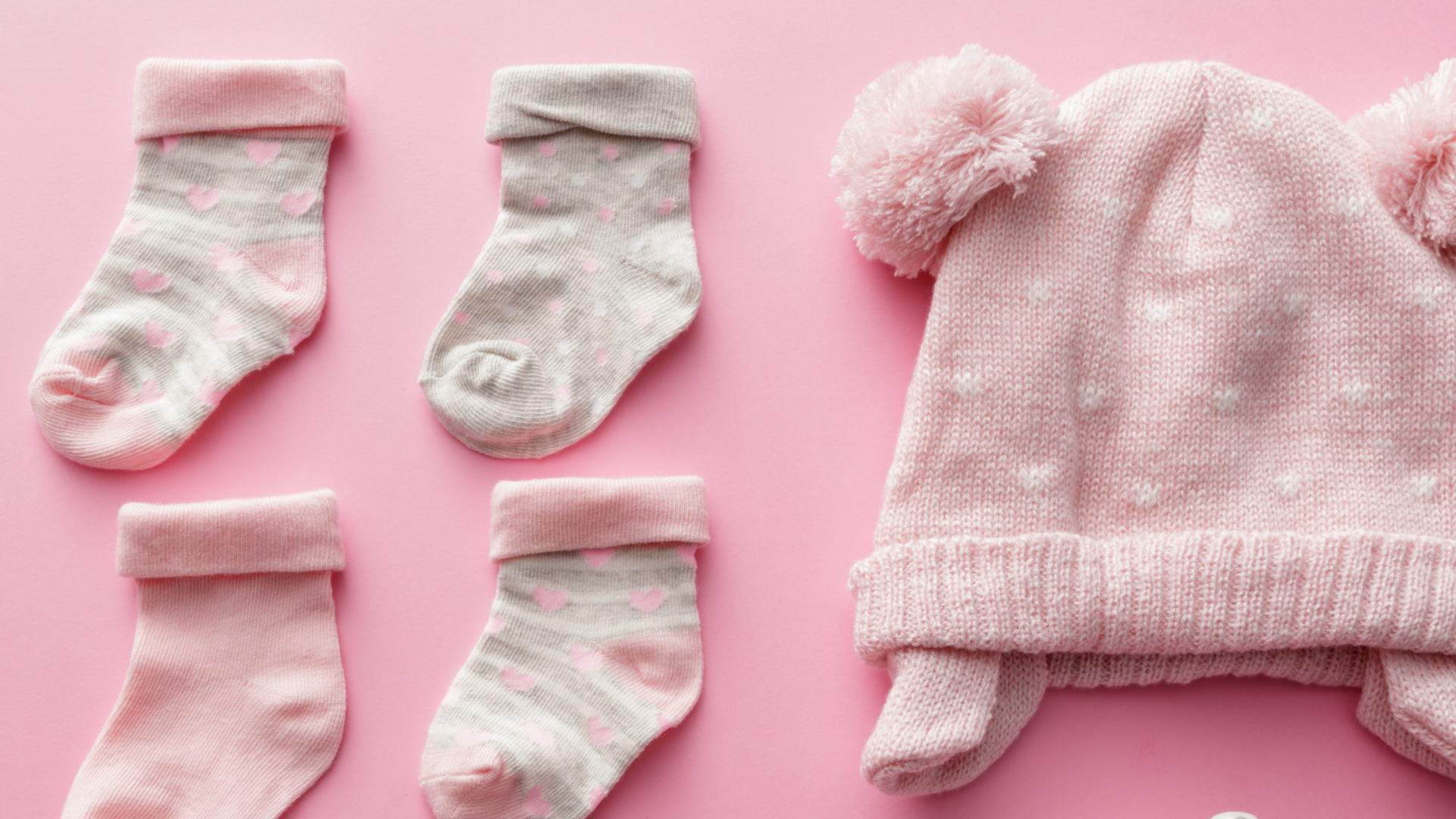
Newborns lose heat faster than adults, so hats and socks help regulate their body temperature. A couple of soft cotton hats and 3–4 pairs of socks are enough to keep your baby cozy. You don’t need a large supply since they’re easy to wash and quick to dry.
Choose simple, stretchy styles that stay on without being too tight. These small items may seem basic, but they make a big difference in keeping your newborn warm and comfortable.
9. Baby Bath and Gentle Soap
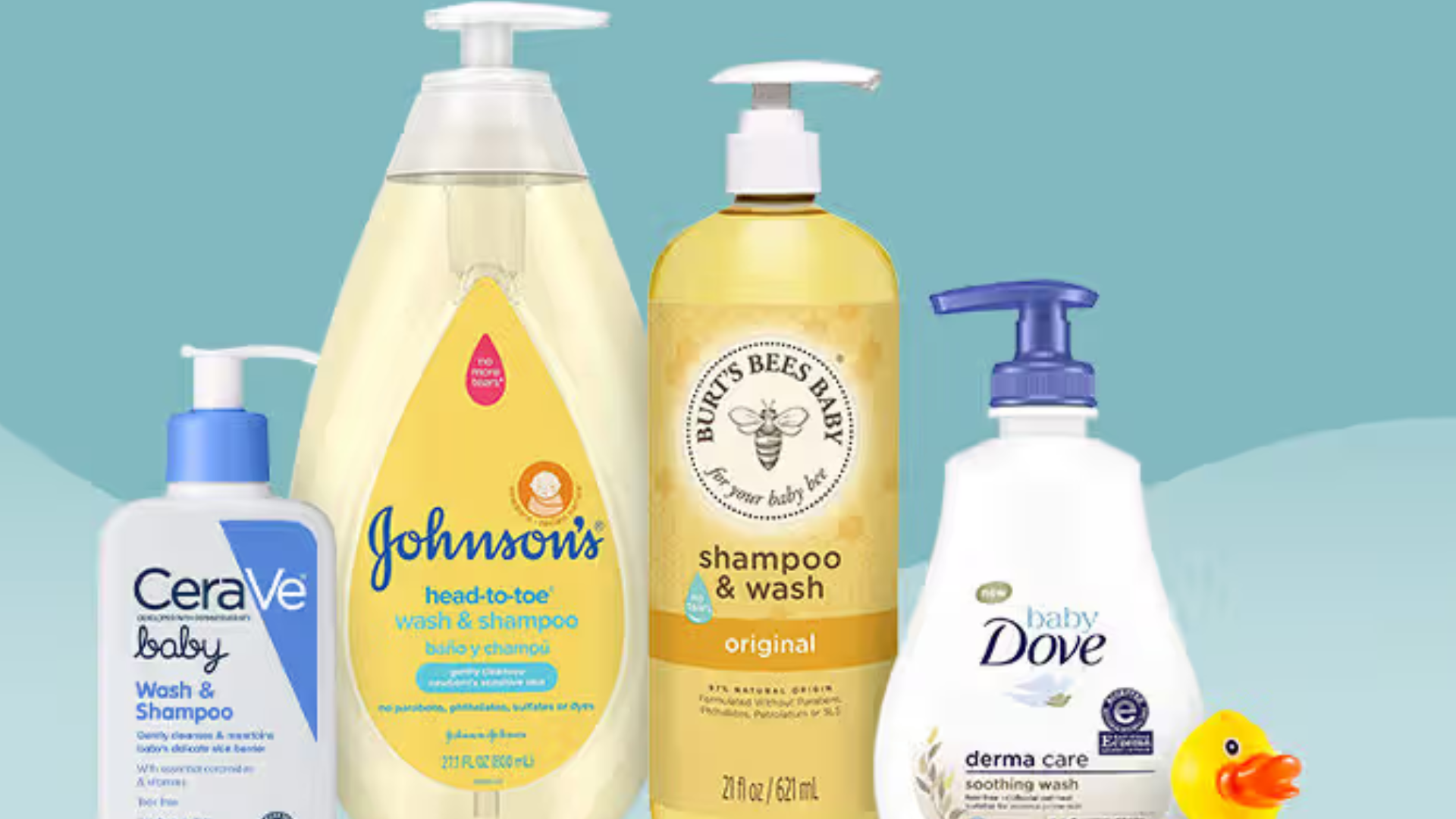
You don’t need a fancy tub to bathe your newborn. A small plastic tub or even a sink insert works perfectly in the early months. Pair it with a mild, fragrance-free baby soap that’s gentle on sensitive skin.
Avoid bubble baths or scented products, since they can irritate your baby’s skin. With just these two items, bath time stays safe, simple, and soothing.
10. Baby Towels and Washcloths
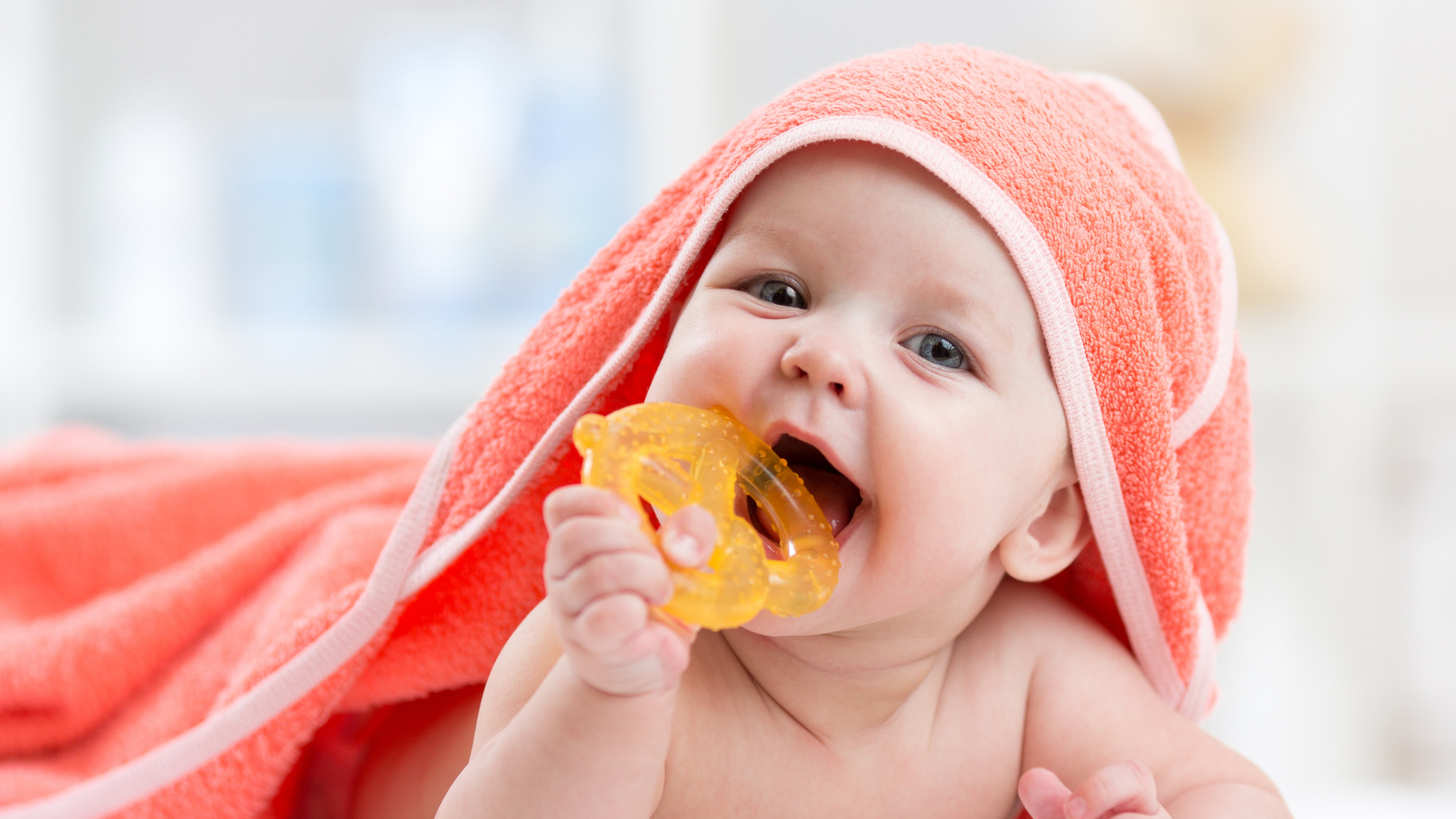
Two soft towels and two or three washcloths are plenty for newborn care. Hooded towels look cute, but aren’t essential. A regular towel works just as well. Choose lightweight cotton or bamboo fabrics that dry quickly and feel soft on the skin.
Since newborns don’t need daily baths, you’ll have more than enough with a couple on hand. Minimal towels keep your laundry light and your baby comfortable.
11. Digital Thermometer

A digital thermometer is one of the most important health tools to keep at home. Babies can develop fevers quickly, and accurate readings matter. Choose a simple, reliable model that’s easy to read and safe for infants.
You don’t need expensive smart devices or wellness gadgets; they add cost without real benefit. One digital thermometer will give you peace of mind whenever you’re unsure about your baby’s temperature.
12. Nail Clippers or File
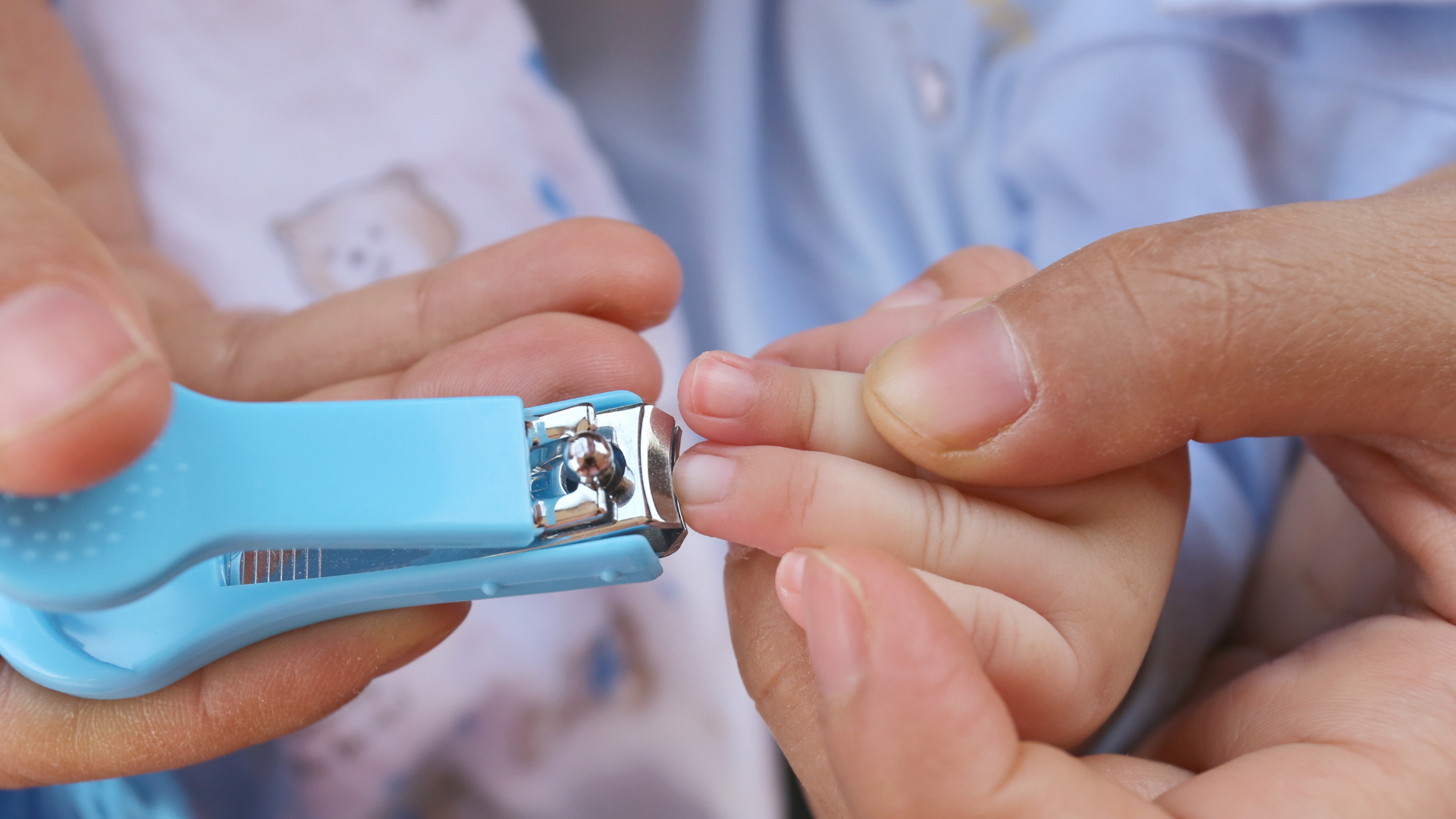
Baby nails grow surprisingly fast and can scratch delicate skin. A small clipper or an emery board keeps them short and safe. Many parents prefer a file for the first few weeks since it’s gentler and less intimidating.
You don’t need multiple grooming kits or extras; just one clipper or file is enough. Regular nail care prevents scratches on both your baby’s skin and your own.
13. Infant Car Seat
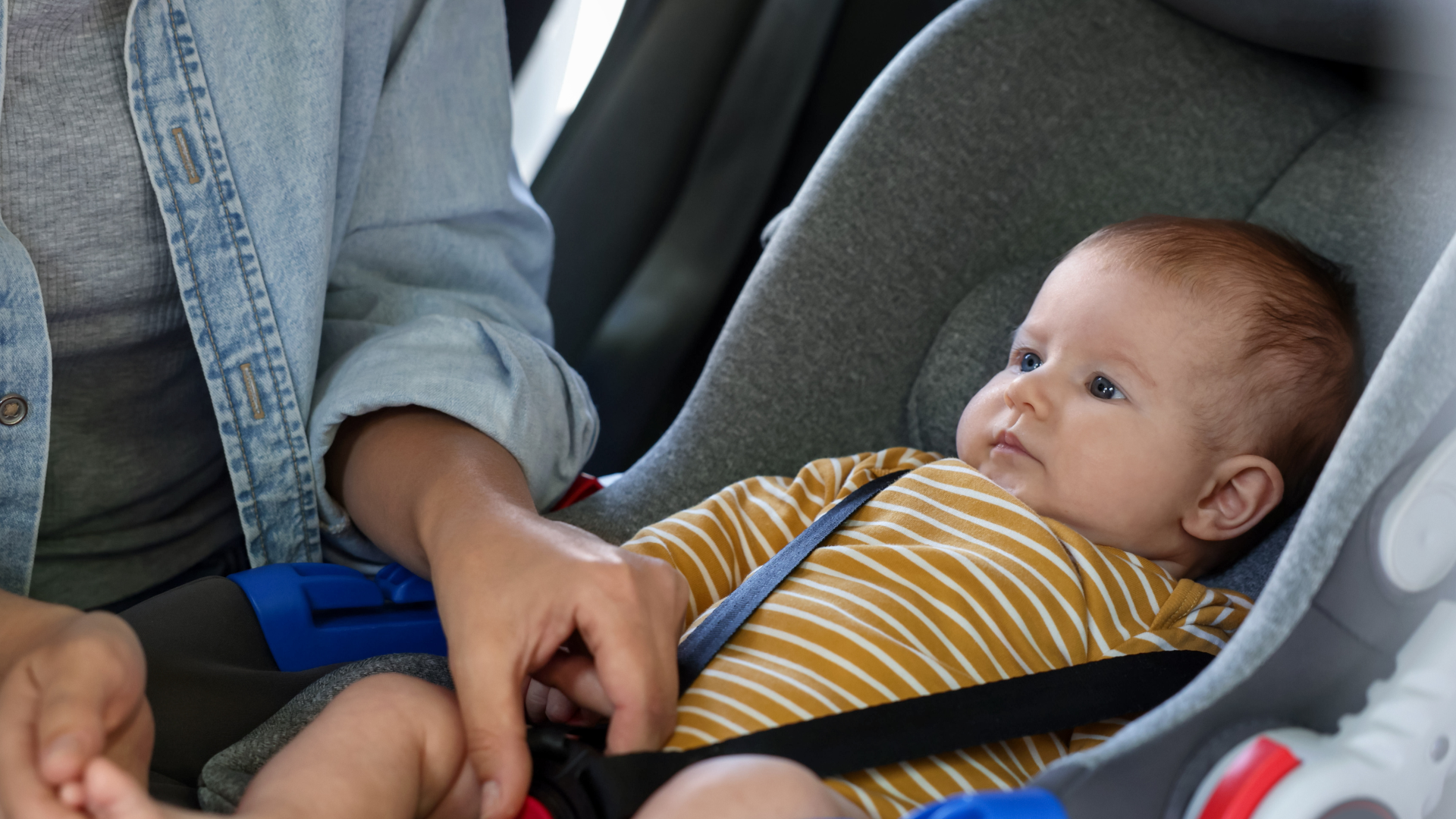
An infant car seat is non-negotiable for safe travel, starting with the ride home from the hospital. Choose a rear-facing seat that fits your car properly and is easy to install securely. Many stores let you test car seats or offer guides to check compatibility with your vehicle.
Make sure the seat meets current safety standards and hasn’t expired if you’re considering a hand-me-down. Extras like mirrors or fancy covers aren’t necessary. A reliable car seat is all you need to keep your newborn protected wherever you go.
What You Can Skip
Not everything marketed for newborns is essential. Many products sound helpful but end up unused. Keeping these off your list saves space and money.
- Wipe warmers – Dry out quickly and aren’t necessary.
- Fancy bottle gadgets – Simple bottles and a brush do the job.
- Newborn shoes – Babies don’t walk yet, so soft socks are enough.
- Elaborate swings or bouncers – Nice to have, but many babies outgrow or dislike them fast.
- Multiple diaper pails – Regular trash with sealed bags works just fine.
Tips to Stretch Your Baby Budget
Baby shopping doesn’t have to drain your wallet. With a few smart choices, you can save money and still give your baby everything they need.
- Buy in small quantities first – Babies grow fast, so starting small with diapers and clothes prevents waste.
- Accept hand-me-downs for clothes – Great for saving money, but avoid secondhand car seats or mattresses for safety.
- Choose multipurpose items – A nursing pillow can also be used for tummy time or sitting support.
- Wait before buying extras – Don’t rush into swings, warmers, or gadgets until you know what your baby actually enjoys.
- Shop seasonal sales – Stock up on diapers and clothing during regular sales to cut costs.
- Use reward or registry perks – Take advantage of coupons, freebies, and loyalty programs that many baby stores provide.
- Go for washable over disposable – Cloth wipes, breast pads, or reusable bibs save money long-term.
Conclusion
Bringing a newborn home doesn’t mean you need to buy every product you see. A clear baby shopping list for first-time moms.
From safe sleep and simple feeding gear to diapers, clothing, and health basics, the focus stays on what truly matters.
I believe starting with less makes the early days calmer and easier to manage, something I’ve experienced myself. With a minimalist list, you’ll avoid clutter, save money, and gain confidence as you care for your little one.
Now it’s your turn, try this list, share it with a new mom, and add your own favorite essentials in the comments.

